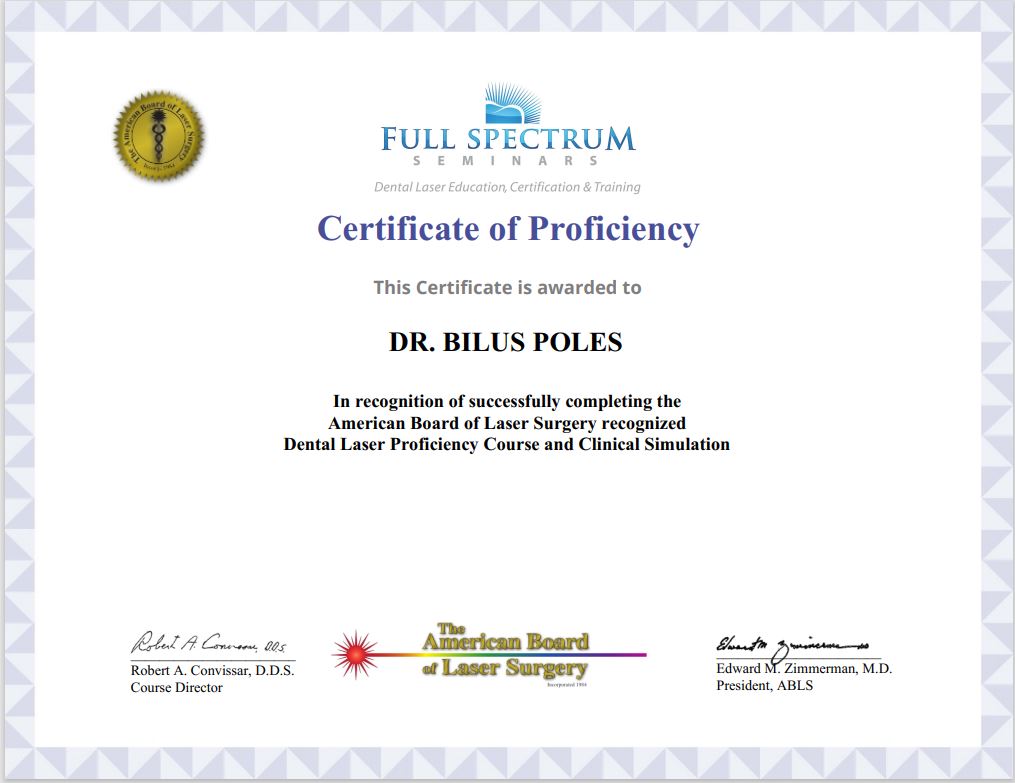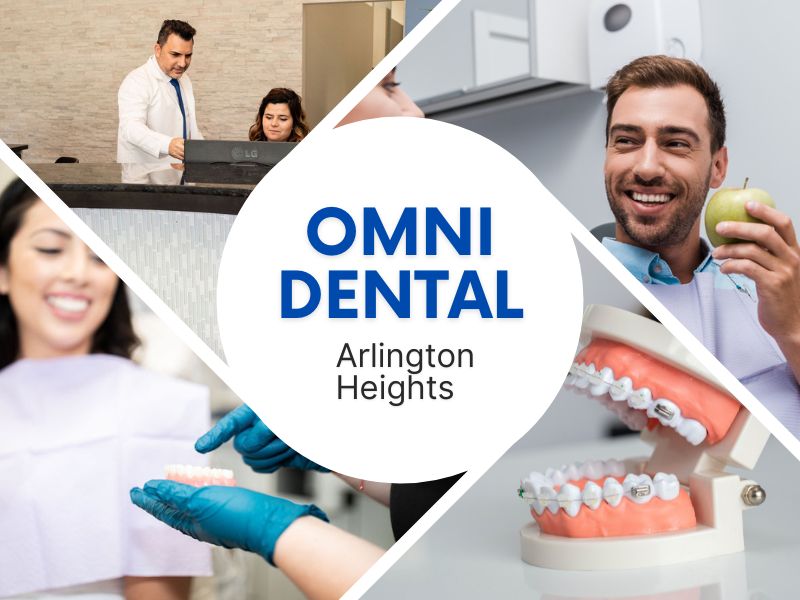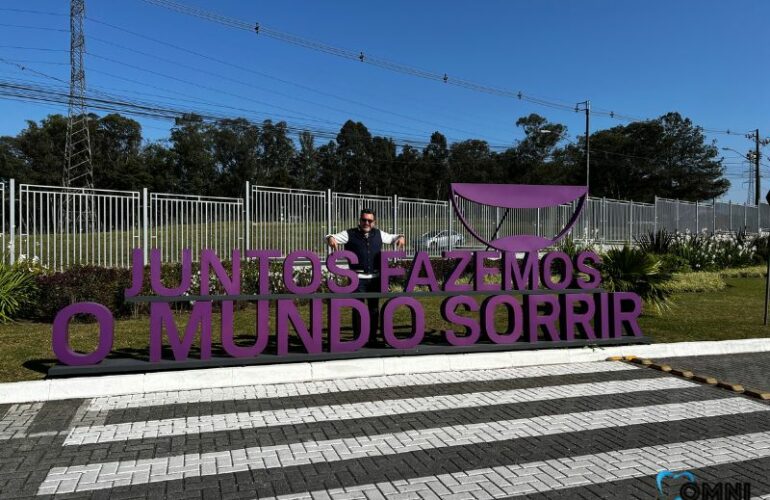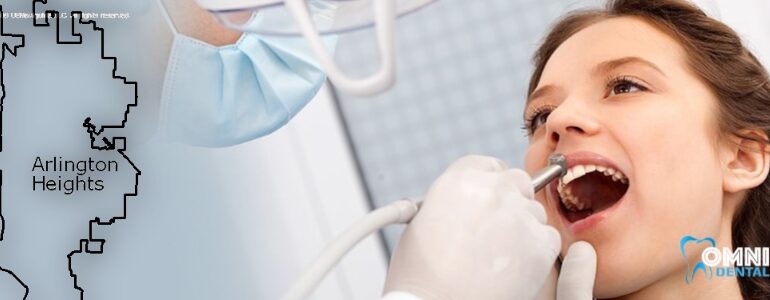Why Continuing Education Is Important For Dentists?
Dentists need to continue their education in order to be proficient in the use of lasers in various areas of dental practice. This certificate shows that they have successfully completed an examination demonstrating this knowledge.
One way dentists can ensure their patients are getting the best care possible is by continuously refining their techniques. This means practicing regularly and learning from others in the dental community. It’s important to stay up-to-date on the latest laser technology and how it can be used most effectively in dental procedures. In order to do this, dentists need to keep their dental licenses up-to-date. This involves completing continuing education courses and renewing licenses periodically.
What is Dental Laser Surgery?
Dental laser surgery is a type of procedure that uses lasers to remove or sculpt tissue in the mouth. Lasers are specialized tools that use focused light to create precise, controllable results.
Dental laser surgery can be used to treat a number of different conditions, including:
- Cavities
- Tooth decay
- Gum disease
- Oral cancer
- Cold sores
- Facial wrinkles
Dental laser surgery is often used in combination with other dental treatments, such as traditional surgery, dental implants, or teeth whitening.
What are the Benefits of Dental Laser Surgery?
Dental laser surgery offers many benefits for both patients and dentists. Some of the most common benefits include:
- Precision: Lasers can be precisely controlled, which allows dentists to target specific areas with great accuracy.
- Minimally invasive: Dental lasers can be used to remove small amounts of tissue with minimal damage to the surrounding area. This helps to minimize pain, bleeding, and swelling.
- Quick recovery: Because dental laser surgery is minimally invasive, patients often experience a quicker recovery time than with traditional surgery.
- Less discomfort: Many patients report less discomfort and pain after dental laser surgery than with traditional surgery.If you are considering dental laser surgery, it is important to consult with a qualified dentist to discuss your options. Only a qualified dentist can determine if dental laser surgery is right for you.
What Are the Different Types of Dental Lasers?
There are two main types of dental lasers: hard tissue lasers and soft tissue lasers.
Hard tissue lasers are typically used to treat cavities, tooth decay, and other conditions that affect the hard tissues of the mouth, such as teeth. Hard tissue lasers can also be used to prepare a tooth for a dental filling or crown.
Soft tissue lasers are typically used to treat conditions that affect the soft tissues of the mouth, such as gums. Soft tissue lasers can also be used to remove excess tissue, such as in a procedure called crown lengthening.
Some dentists may use both hard tissue and soft tissue lasers in one procedure. For example, if a tooth needs to be prepared for a crown, the dentist may use a hard tissue laser to remove decay and a soft tissue laser to contour the gum line.
What Happens During Dental Laser Surgery?
Before starting the procedure, your dentist will numb medication to the treatment area to minimize any discomfort.
During the procedure, your dentist will direct the laser beam at the targeted area. The laser will emit short pulses of light that will remove or sculpt the tissue.
After the procedure, your dentist will provide you with aftercare instructions. These may include taking over-the-counter pain medication and avoiding hard or crunchy foods.
Most people experience minimal discomfort and swelling after the procedure and can return to their normal activities the next day.
American Board of Laser Surgery (ABLS)
In the 1980s, a group of leading scientists and doctors came together to create an organization that would certify those who had undergone rigorous training in laser surgery. The American Board of Laser Surgery was incorporated with 19 recognized experts from all over America; these people were committed not only to improving clinical applications but also basic science behind them as well.
The American Board of Laser Surgery (ABLS) is the premier organization certifying medical professionals in the use of lasers and light in medicine. Certification from the ABLS demonstrates a high level of proficiency and expertise in laser surgery and helps patients choose qualified practitioners for their needs.
Course Outline:
During the first day, lasers will be used in:
- Endodontics – root canal therapy
- Oral surgery – removal of impacted teeth and mucogingival surgery
- Oral medicine – treatment of mucosal lesions, biopsies, and thermal injuries
On the second day, you will learn about:
Laser-assisted new attachment procedure (LANAP) : a minimally invasive approach to treating periodontitis
Periodontal pocket disinfection (PPD) : a minimally invasive way to cleanse periodontal pockets and remove bacteria beneath the gum line
Soft tissue recontouring: for esthetic crown lengthening, gingival sculpting, and treatment of gummy smiles.
The course includes comprehensive didactic sessions and plenty of hands-on opportunities. You will have the chance to use different types of lasers and learn about their indications, settings, and contraindications.
We’re all about Keeping up with technology and science
at Omni Dental in Arlington Heights, IL. Serving the Chicago Suburbs and beyond, our team of board-certified laser surgeons is trained in the use of lasers to treat various dental issues. We provide comprehensive care, including diagnostics and treatments with advanced technology. Our skilled team can determine if dental laser surgery is right for you.
Omni Dental is one of the first practices in the nation to be recognized by the ABLS. Dr. Bilus obtained a certificate of dental laser surgery and helped develop the study materials and examinations for the board. He is also a diplomate of the American Board of Oral and Maxillofacial Surgery.







